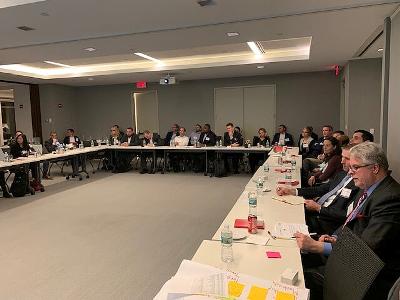This month the Accountagility Index (AAX) moved up six basis points to 5.09. Last month it was 5.03. The Index records UK political and economic health in a score out of ten. Any score below 5.00 is negative. Given the torrent of bad news, this move upwards may seem counter-intuitive.
Search results
Although Beyond Budgeting is about so much more than just budgets, our name tends to draw people, at least initially, towards the budget word. Once there, cost management often pops up as the number one issue, for obvious reasons. How can we manage cost without a budget?
The Tokyo FP&A Board will meet on the 27th June 2019 for the second time. The professional debate will be devoted to the subject of FP&A Analytical Transformation.
Business partnering is something everyone is talking about right now. The premise is that the more low-value finance tasks are automated, the more time finance practitioners have to work with their “customers” in the business. The only problem is that many business leaders are far from satisfied with finance’s performance to date as a valued business partner.
The ever-increasing pace of change in the Financial Planning & Analytics (FP&A) industry can, at times, seem overwhelming to practitioners. This has fuelled a growing demand for thought-leadership and the establishment and discussion of best practices. In response to many requests from the UK professional community, the London FP&A Circle was established in July 2016.
FP&A in a small sized business is different than in a large, corporate firm. While one can argue that we all face a lack of time and resources, there often is no dedicated FP&A function in a smaller enterprise. FP&A team members in a smaller firm are wearing many more hats than FP&A. Again, we don’t have too many people that report to us (if any) that are analysts.




